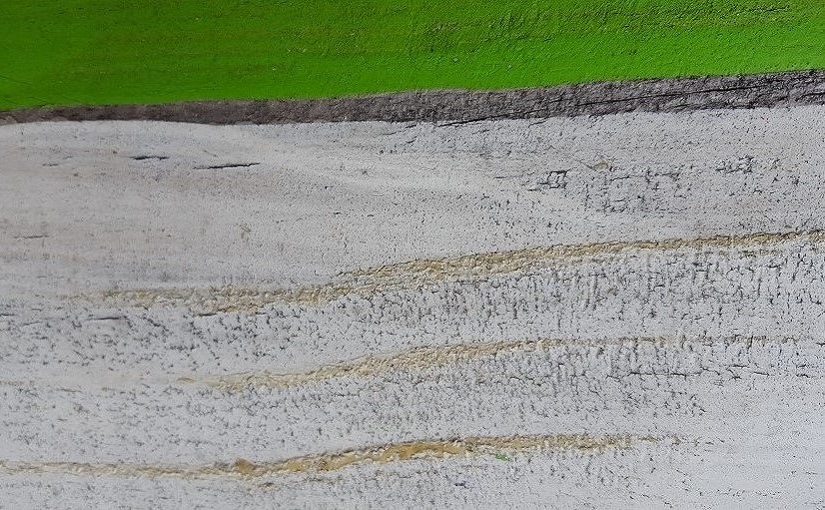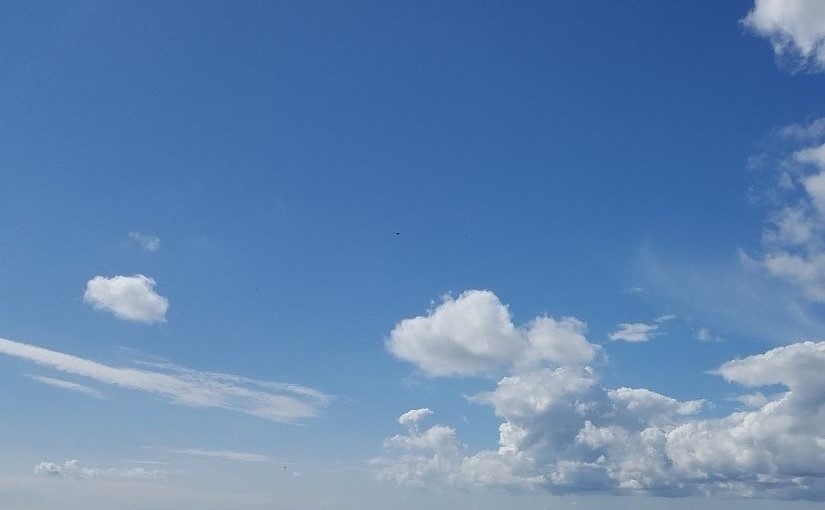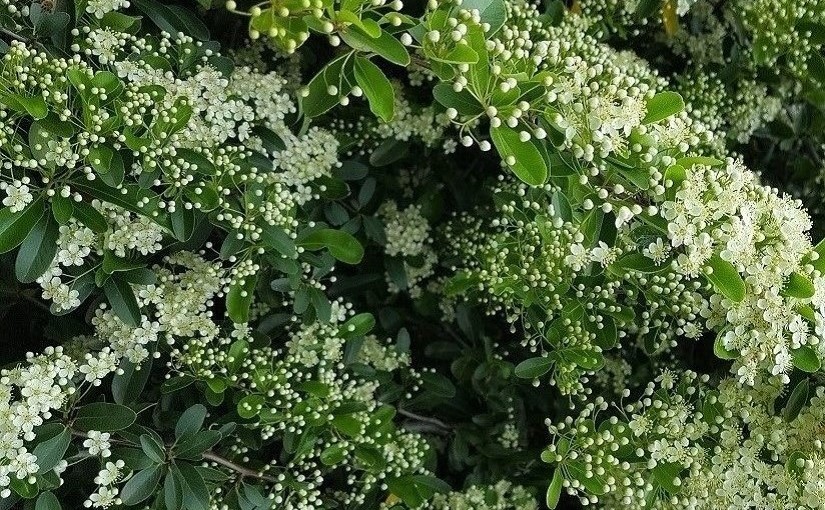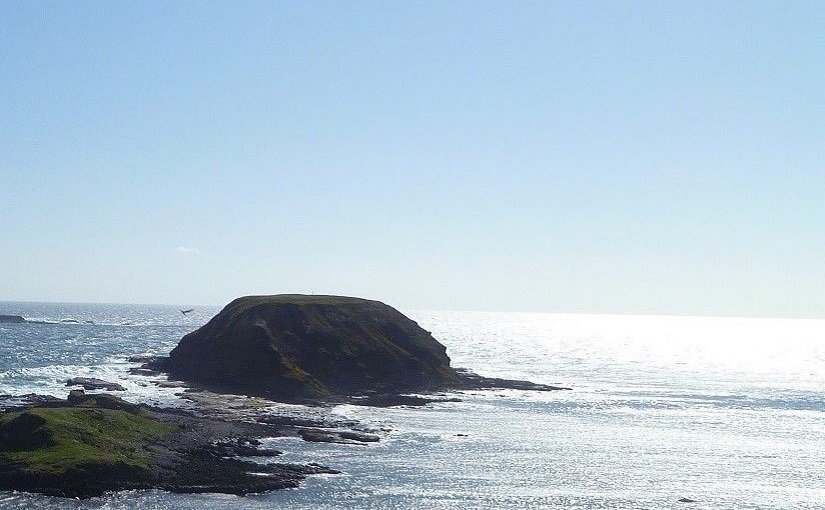Does everyone have a price? A point at which they’d abandon what they were doing and walk away with the money?
Because, presumably, whatever we’re doing, we’re doing for a reason. Something motivated or inspired us, making us feel it was a valuable contribution. Some kind of vision around how our activities might improve things or inspire people. For some, that motivation might be purely financial, although it does seem people are driven by more than that.
But then, for whatever reason, people are often offered money to stop. Whether it’s concern over market share or that their activity was in some way ‘threatening’ the interests of others. There are many reasons some might want others to stop an otherwise very worthwhile course of action.
Which brings values and money face to face: is it better to continue what you’re doing, even if you might never see a financial return of the kind being offered, or hold to your path in the knowledge there’s now this ‘loss’ attached to it? It’s interesting how money changes the game, asking questions that can really put people on the spot.
If you were doing something truly valuable for others, their sense of self-worth, their feeling of agency or hope for the future, their engagement in activity that could shift the trajectory of human society toward more intentional, considered, sustainable patterns of thought and behaviour, what sum would compel you to walk away and leave that undone?
From another angle, how much will we invest in our values? In today’s marketplaces it’s often more economical to compromise: mass-produced, wasteful, unethical goods are generally much cheaper than more thoughtful alternatives. In this, the cost of values is laid at our door.
If we care about certain things – environmental impact, waste and production lifecycles, human rights, and wider social or systemic forces – we’re essentially asked to put our money where our mouth is (if ‘mouth’ means the voice we’re giving to our heart and mind). Our beliefs and commitment to them are effectively on the line: if it really matters to us, we must pay.
It’s interesting to think about, these points where values and money meet (Notes One). Because, in so many ways, we’re being pushed toward compromises: pressures of life converging onto those values of ours, calling them into question and asking, financially, how much they truly matter. Human values and commercial ones face each other, waiting to shake hands on some kind of deal.
Once we compromise, we’re often then on a slippery slope of trying to decide where our ‘line’ now is. And people today seem somewhat gleeful in pointing out inconsistencies in reasoning or behaviour. Of course, we’re all flawed and paths to change are just that: a journey toward greater awareness and responsibility.
And maybe it’s worthwhile to really see the decisions we’re facing and what our choices set in motion? Rather than being swept along, stepping back to see the questions being asked and the realities of our answers.
Notes and References:
Note 1: Language and values
Note 1: What is economical
Note 1: Business defining human life
Note 1: Cycles of mind & matter
Note 1: Points of sale as powerful moments
Note 1: Cost and convenience
Note 1: Mathematics of life










